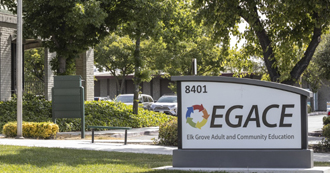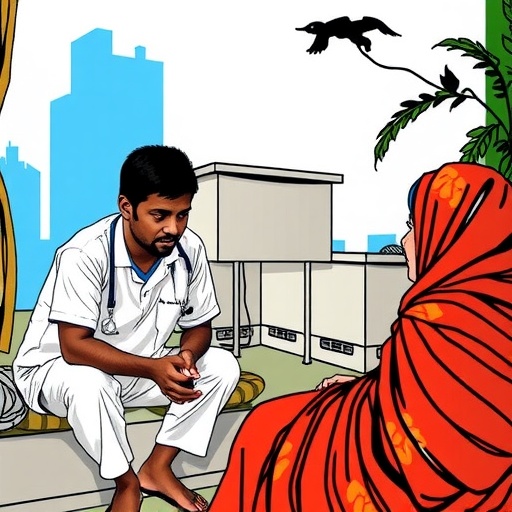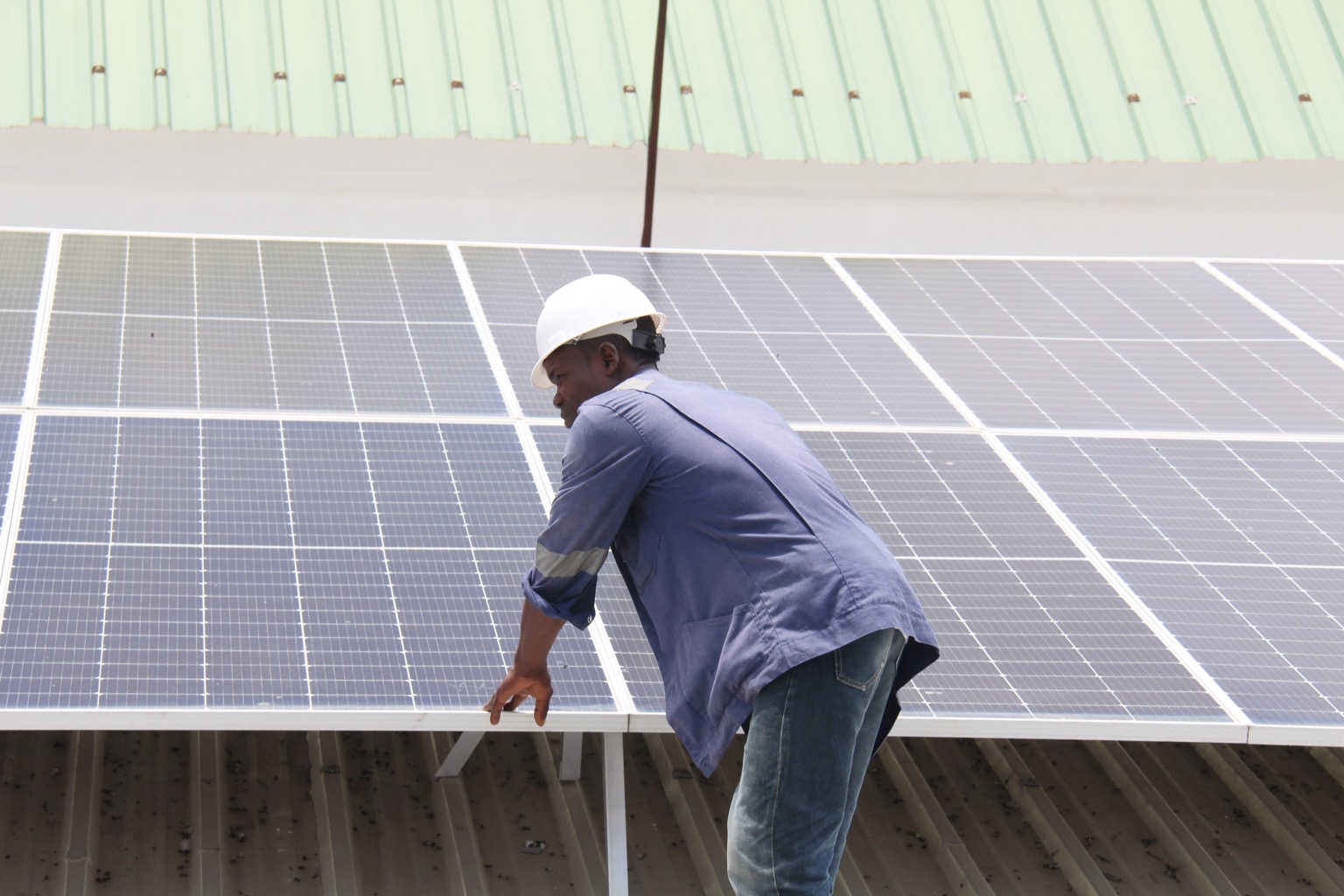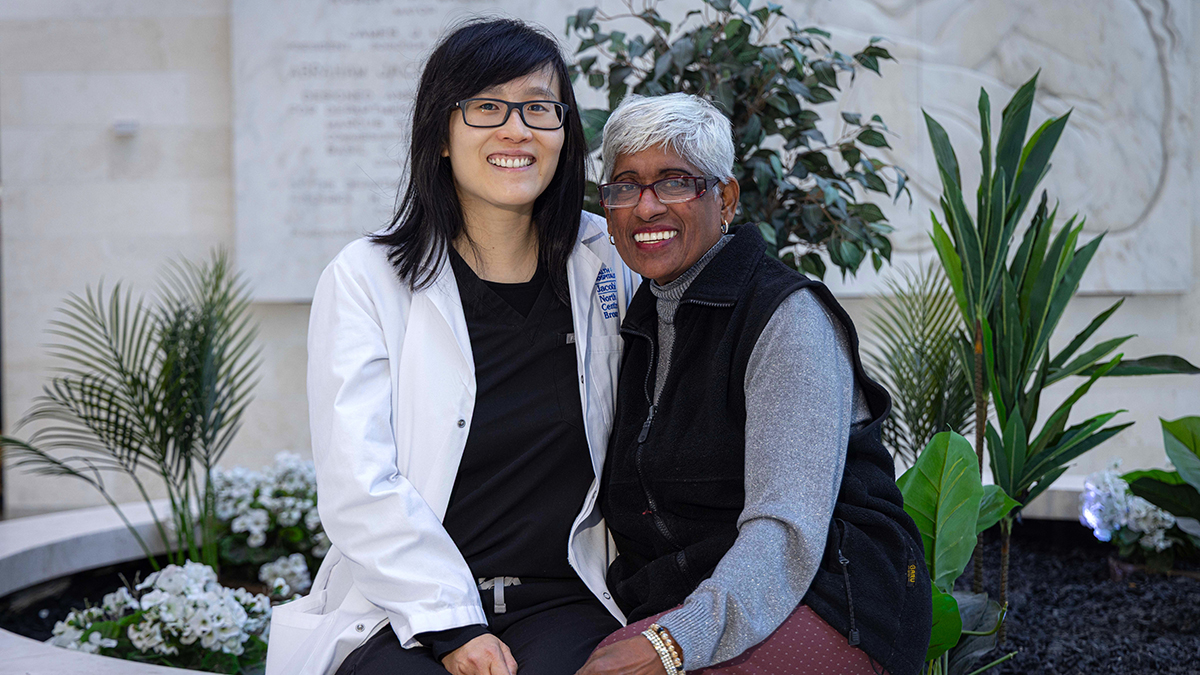Adult Education Schools – Sacramento City Unified School District

Report on Adult Education Programs and Alignment with Sustainable Development Goals (SDGs)
Adult education initiatives provide critical learning opportunities that directly support the achievement of the United Nations Sustainable Development Goals (SDGs). By offering accessible and targeted instruction, these programs empower individuals to overcome barriers, enhance their skills, and improve their socioeconomic standing, contributing primarily to SDG 4 (Quality Education), SDG 8 (Decent Work and Economic Growth), and SDG 10 (Reduced Inequalities).
Foundational Education and Lifelong Learning
Adult Basic Education (ABE) programs are instrumental in advancing SDG 4, particularly Target 4.6, which aims to ensure all youth and a substantial proportion of adults achieve literacy and numeracy. These classes provide foundational skills essential for personal and professional development.
- Reading and Writing: Enhances communication and comprehension, forming the basis for all further learning.
- Mathematics: Develops numeracy skills required for daily life and many forms of employment.
- Workforce Readiness: Builds confidence and core competencies, preparing learners for entry into the workforce and contributing to SDG 8.
Language Proficiency and Civic Integration
Language and citizenship courses are vital for fostering inclusive societies, directly supporting SDG 10 (Reduced Inequalities) and SDG 16 (Peace, Justice and Strong Institutions). English as a Second Language (ESL) classes empower non-native speakers to integrate socially and economically.
- Enhanced Communication: Improves English proficiency, leading to better job prospects and community engagement.
- Citizenship Preparation: Provides instruction on civics, history, and the naturalization process, promoting active participation in civic life and strengthening institutions as outlined in SDG 16.
High School Completion and Educational Equity
High school completion programs offer a crucial pathway for individuals to obtain credentials necessary for economic mobility, aligning with SDG 4 (Quality Education) and SDG 8 (Decent Work and Economic Growth). These programs provide a second chance for educational attainment.
- High School Diploma: A structured program allowing students to earn a traditional diploma.
- High School Equivalency (HSE): Preparation for standardized tests like the HiSET, offering a recognized alternative to a diploma.
By providing these credentials, adult education enables access to higher education and skilled employment, fulfilling Target 4.4 of developing relevant skills for employment and decent work.
Career and Technical Education for Economic Growth
Career training programs are directly aligned with SDG 8 (Decent Work and Economic Growth) and SDG 1 (No Poverty) by equipping students with specialized, in-demand skills. These programs foster economic mobility and resilience.
- Technical Skills: Offers specialized instruction in high-demand industries.
- Industry Certifications: Provides credentials that validate skills and enhance employability.
- Economic Mobility: Empowers individuals to secure meaningful employment and achieve financial stability.
Inclusive Education for Persons with Disabilities
The provision of inclusive learning opportunities for adults with disabilities is a core component of achieving SDG 4 (Target 4.5) and SDG 10 (Reduced Inequalities). These programs are designed to eliminate disparities and ensure equal access for vulnerable populations, fostering lifelong learning and personal independence.
Instructional Focus Areas
Specialized instruction focuses on developing practical skills for greater self-sufficiency and community integration, contributing to SDG 11 (Sustainable Cities and Communities).
- Socialization: Builds communication skills and the ability to form social relationships.
- Life Skills: Provides training in daily activities such as financial management, meal preparation, and personal care.
- Community Access: Teaches practical skills like using public transportation and accessing community resources, promoting full participation in society.
SDGs Addressed in the Article
SDG 4: Quality Education
The entire article is centered on providing inclusive and equitable quality education and promoting lifelong learning opportunities for all. It details various adult education programs, from foundational skills to career training, directly aligning with the core mission of SDG 4.
- Evidence from the article: The text explicitly mentions “Adult Basic Education (ABE) classes” for foundational skills, “High school completion programs,” “Career training education programs,” and “inclusive learning opportunities for students with disabilities.” These programs collectively aim to provide comprehensive and accessible education for adults.
SDG 8: Decent Work and Economic Growth
The article connects education to employment and economic advancement. It highlights how career training programs equip individuals with skills for high-demand fields, leading to better job prospects and economic mobility.
- Evidence from the article: The “Career Training” section states that programs equip students with “technical skills and industry certifications necessary to secure meaningful employment.” It also mentions that adult education fosters “economic mobility,” directly linking learning to economic outcomes.
SDG 10: Reduced Inequalities
The programs described aim to reduce inequalities by providing targeted support to vulnerable and marginalized groups. This includes non-native speakers, adults who did not complete high school, and individuals with disabilities, empowering them to participate more fully in society.
- Evidence from the article: The article details “English as a Second Language (ESL) classes” for non-native speakers, “inclusive learning opportunities for students with disabilities,” and “a vital second chance” for individuals through high school completion programs. These initiatives are designed to include those who might otherwise be left behind.
SDG 16: Peace, Justice and Strong Institutions
The article touches on this goal through its mention of Citizenship Test Preparation courses. By helping individuals navigate the naturalization process, the program supports their integration into civic life, which is a component of building inclusive societies and strong institutions.
- Evidence from the article: The section on “English as a Second Language” describes “Citizenship Test Preparation courses” that offer “instruction on civics, history, and the naturalization process to help students navigate the path to becoming U.S. citizens.”
Specific SDG Targets Identified
SDG 4: Quality Education
- Target 4.3: By 2030, ensure equal access for all women and men to affordable and quality technical, vocational and tertiary education, including university.
- Explanation: The article describes “Career training education programs” and “high school completion programs” that provide the credentials needed for “higher education,” directly addressing the need for accessible vocational and tertiary education pathways for adults.
- Target 4.4: By 2030, substantially increase the number of youth and adults who have relevant skills, including technical and vocational skills, for employment, decent jobs and entrepreneurship.
- Explanation: The “Career Training” section focuses on offering “specialized instruction in high-demand fields, equipping students with the technical skills and industry certifications necessary to secure meaningful employment.”
- Target 4.5: By 2030, eliminate gender disparities in education and ensure equal access to all levels of education and vocational training for the vulnerable, including persons with disabilities.
- Explanation: The article explicitly details “inclusive learning opportunities for students with disabilities” and support for non-native speakers through ESL classes, demonstrating a commitment to providing equal access for vulnerable populations.
- Target 4.6: By 2030, ensure that all youth and a substantial proportion of adults, both men and women, achieve literacy and numeracy.
- Explanation: The “Adult Basic Education (ABE) classes” are designed to help learners “strengthen foundational skills in reading, writing, and mathematics,” which directly corresponds to achieving literacy and numeracy.
SDG 8: Decent Work and Economic Growth
- Target 8.5: By 2030, achieve full and productive employment and decent work for all women and men, including for young people and persons with disabilities, and equal pay for work of equal value.
- Explanation: The programs for students with disabilities aim to “increase independence” and “enhance their ability to engage in their communities,” while career training aims to help all adults “secure meaningful employment,” contributing to productive employment for all.
SDG 10: Reduced Inequalities
- Target 10.2: By 2030, empower and promote the social, economic and political inclusion of all, irrespective of age, sex, disability, race, ethnicity, origin, religion or economic or other status.
- Explanation: The article showcases programs that empower various groups: ESL and citizenship classes for non-native speakers, inclusive programs for students with disabilities, and high school completion for adults seeking a second chance. These efforts directly promote social and economic inclusion.
SDG 16: Peace, Justice and Strong Institutions
- Target 16.7: Ensure responsive, inclusive, participatory and representative decision-making at all levels.
- Explanation: The “Citizenship Test Preparation courses” facilitate the inclusion of immigrants into the country’s civic life by preparing them for the naturalization process, which is a prerequisite for full participation (e.g., voting).
Indicators for Measuring Progress
The article does not mention official SDG indicators but implies several ways to measure the success and impact of its programs, which can serve as practical, localized indicators.
Implied Indicators for SDG 4
- Number of adults enrolled in and completing ABE classes: Measures progress towards Target 4.6 (literacy and numeracy).
- Number of students earning a high school diploma or passing an HSE test: Measures progress towards Target 4.3 (access to further education).
- Enrollment and completion rates in career training programs: Measures progress towards Target 4.4 (relevant skills for employment).
- Number of students with disabilities and non-native speakers participating in and completing programs: Measures progress towards Target 4.5 (equal access for the vulnerable).
Implied Indicators for SDG 8
- Employment rate of graduates from career training programs: Measures progress towards Target 8.5 (full and productive employment).
- Number of graduates who secure “meaningful employment” or obtain “industry certifications”: A qualitative and quantitative measure for Target 8.5.
Implied Indicators for SDG 10
- Number of students from vulnerable groups (disabilities, non-native speakers) enrolled: Measures progress towards Target 10.2 (inclusion).
- Measures of increased community engagement and independence for students with disabilities: The article mentions “community access classes” and “socialization classes,” suggesting that improved participation in community life is a key outcome and indicator for Target 10.2.
Implied Indicators for SDG 16
- Number of students who enroll in and pass the U.S. citizenship test after completing the preparation course: A direct indicator of the program’s success in facilitating civic inclusion, relevant to Target 16.7.
Summary of SDGs, Targets, and Indicators
| SDGs | Targets | Indicators (Implied from Article) |
|---|---|---|
| SDG 4: Quality Education |
4.3: Equal access to technical, vocational, and tertiary education.
4.4: Increase adults with relevant skills for employment. 4.5: Equal access for the vulnerable, including persons with disabilities. 4.6: Ensure adults achieve literacy and numeracy. |
– Number of adults completing high school equivalency. – Enrollment in career training programs. – Number of industry certifications earned. – Enrollment numbers for students with disabilities and non-native speakers. – Number of adults enrolled in Adult Basic Education (ABE) classes. |
| SDG 8: Decent Work and Economic Growth | 8.5: Achieve full and productive employment and decent work for all. |
– Employment rates of program graduates. – Number of graduates securing “meaningful employment.” |
| SDG 10: Reduced Inequalities | 10.2: Empower and promote the social, economic, and political inclusion of all. |
– Enrollment of students from vulnerable groups (e.g., with disabilities, non-native speakers). – Measures of community engagement and independence for students with disabilities. |
| SDG 16: Peace, Justice and Strong Institutions | 16.7: Ensure responsive, inclusive, and participatory decision-making. | – Number of individuals passing the citizenship test after taking the preparation course. |
Source: scusd.edu

What is Your Reaction?
 Like
0
Like
0
 Dislike
0
Dislike
0
 Love
0
Love
0
 Funny
0
Funny
0
 Angry
0
Angry
0
 Sad
0
Sad
0
 Wow
0
Wow
0


-1920w.png?#)






































































